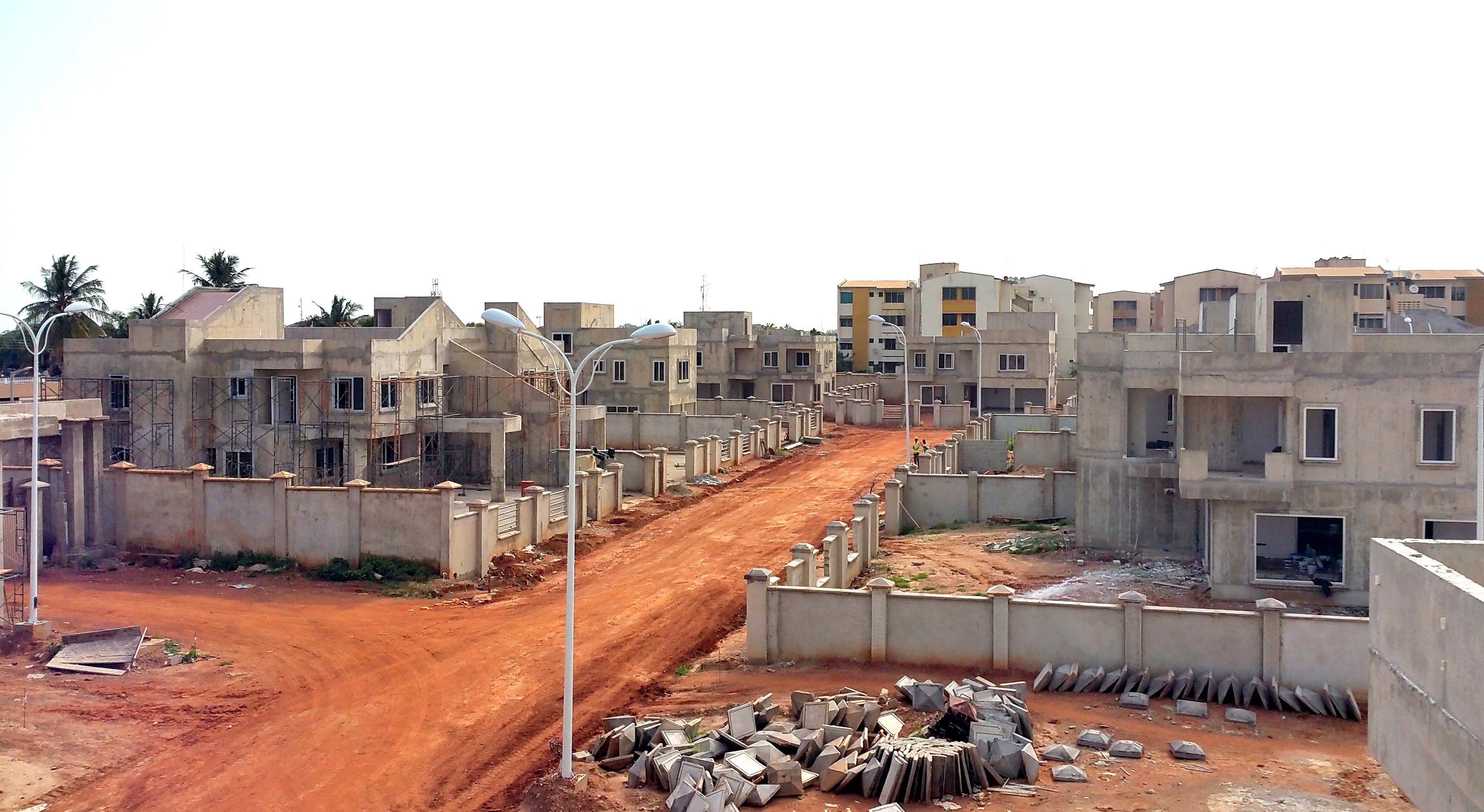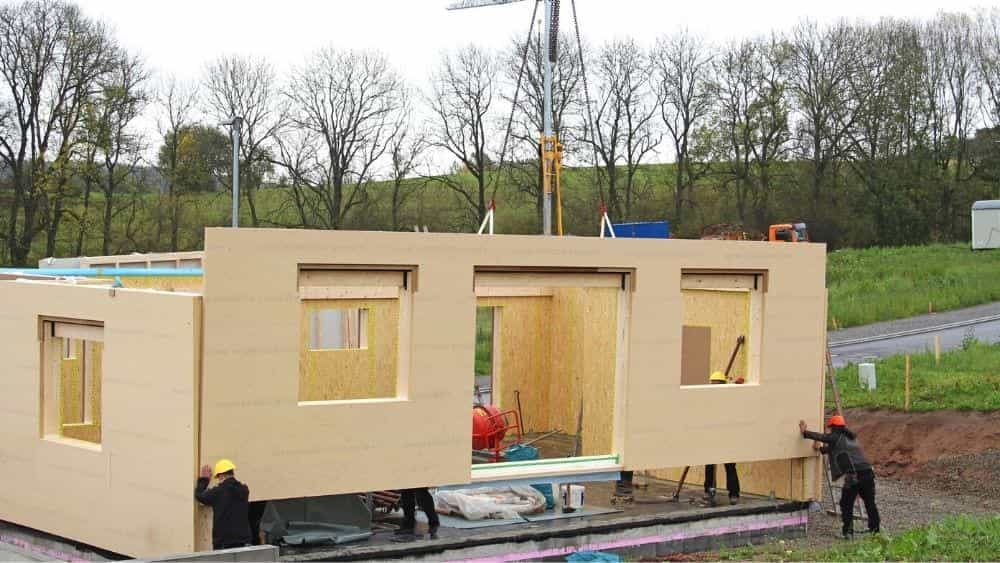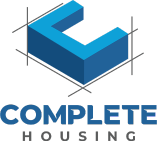
Accra, Ghana’s bustling capital, is a city brimming with contradictions. Skyscrapers pierce the skyline, symbolizing economic growth, while sprawling informal settlements hug its peripheries, a stark reminder of deep-seated inequalities. One of the most pressing issues plaguing Accra is the chronic shortage of affordable housing, leaving a significant portion of its residents trapped in inadequate, insecure living conditions. While the causes are multifaceted, a closer look reveals how the city’s dominant building practices, particularly the near-exclusive reliance on concrete, play a significant role in fueling this crisis.
The Squeeze on Shelter:
The numbers paint a grim picture. Accra is one of the top five most expensive cities in the world when comparing housing costs to average income. An estimated 1.8 million housing units are needed in Ghana, with Accra facing a deficit of over 300,000 units. This translates to roughly six million Ghanaians lacking adequate shelter. The consequences are dire: overcrowded and substandard dwellings, increased vulnerability to health hazards, and a strain on social services.
Several factors contribute to this acute shortage. Rapid urbanization, driven by economic opportunities, has outpaced the housing supply. Land costs are skyrocketing, particularly in desirable areas, pushing affordable housing further out of reach for low- and middle-income earners. Additionally, complex and often opaque land tenure systems create bottlenecks in development.
Concrete: A Material Monolith and its Economic Limitations:
Enter the ubiquitous concrete jungle. In Accra, as in many developing cities, concrete reigns supreme as the primary building material. Its perceived durability, fire resistance, and relatively low maintenance costs make it a seemingly attractive choice. However, this reliance on concrete has unintended consequences, contributing to the very problem it’s meant to solve.
Firstly, the cost of concrete production and construction is often prohibitive for low-income families. The materials themselves can be expensive, and skilled labor required for concrete construction further drives up the price tag. Building with concrete can be much slower, due to having to wait for layers to set before building on top. This lengthy process makes your cost of labor and transportation for workers to the site much higher than faster building methods like prefab, wood, bamboo, or steel framed homes. This makes concrete-based housing inaccessible to a large portion of the population, effectively locking them out of the formal housing market.
Secondly, the reliance on imported materials for concrete production creates a dependence on external factors. Ghana, despite being a smaller nation, is the world’s 16th largest importer of cement according to the Observatory of Economic Complexity (OEC). Fluctuations in global prices can have a significant impact on the affordability of housing in Accra. This vulnerability to external shocks further jeopardizes the stability of the housing market and makes it difficult to plan for long-term growth.
Breaking the Concrete Mold: Alternative Pathways to Affordable Housing:
Fortunately, solutions exist beyond the confines of concrete. A paradigm shift is needed, one that embraces affordability, local knowledge, and resourcefulness. Here are some promising pathways:
-
- Promoting alternative building materials:
- Promoting alternative building materials:


Constructing buildings using alternative methods like steel frames and prefabrication allows you to use less material and less labor, so you can build faster and cheaper. Locally sourced and sustainable materials like bamboo, adobe, and earth bricks also offer cost-effective and readily available alternatives to concrete. These materials can be adapted to create culturally appropriate and resilient housing, empowering local communities and fostering self-reliance.
Creative Financing: Mortgage rates in Ghana can range from 27-35% depending on the lender. A Ghanaian borrower essentially pays around 1/3rd of his outstanding balance every year just in interest. A borrower may pay for the house 3-5 times over before they finally finish paying. For real estate that is already expensive due to other factors, and with salaries not keeping pace, these high mortgage rates are simply not helping and are arguably predatory.
Creative financing methods such as long-term zero-interest payment plans, pre-purchase savings schemes, and real estate investment accounts need to be employed more widely to give more Ghanaians a better chance at owning a home. We’ll dive deeper into explaining these creative financing methods in our next article.
Supporting community-driven initiatives: Empowering local communities to take ownership of their housing solutions can lead to innovative and context-specific approaches. By providing technical assistance, access to financing, and training in alternative construction methods, communities can become active participants in shaping their living environments.
Rethinking land use and regulations: Streamlining land tenure systems and revising building codes to be more inclusive of alternative materials and construction methods can unlock potential and encourage diverse housing options. This requires collaboration between policymakers, developers, and communities to create a supportive ecosystem for affordable housing solutions.
Building Beyond the Concrete: A Sustainable and Affordable Future for Accra
Accra’s affordable housing crisis demands urgent attention. Moving beyond the default reliance on concrete is not just an economic imperative, but also a crucial step towards creating a more equitable and livable city for all. By embracing alternative materials, innovative approaches, and community-driven solutions, Accra can break free from the confines of its concrete jungle and build a sustainable and affordable future where everyone has access to safe, secure, and dignified housing.
CLICK HERE to learn more about our alternative steel-framed construction method.

